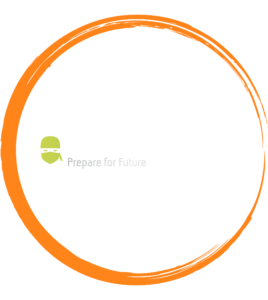OpenAI’s SearchGPT: A New Era of Search?
The digital world, long dominated by Google’s search behemoth, is experiencing a seismic shift. OpenAI, the renowned AI research and deployment company, has unveiled its latest creation: SearchGPT. This move marks a bold entry into the highly competitive search engine market, promising to redefine the way we search for information.
What is SearchGPT?
SearchGPT is an AI-powered search engine that aims to provide users with more comprehensive, informative, and engaging search results. Unlike traditional search engines that primarily rely on keyword matching, SearchGPT leverages the power of artificial intelligence to understand user queries in a more nuanced way. This enables it to deliver results that are highly relevant to the user’s intent.
Key features of SearchGPT include:
- Conversational search: Users can interact with SearchGPT in a natural language format, asking follow-up questions and refining their search queries on the fly.
- Summarized results: SearchGPT provides concise summaries of relevant information, saving users time and effort.
- Real-time updates: The search engine has access to real-time data, ensuring users always get the most up-to-date information.
- Publisher partnerships: OpenAI has partnered with major publishers to provide high-quality content and ensure fair compensation for content creators.
The Impact on the Digital Landscape
The emergence of SearchGPT could have profound implications for the digital landscape. If successful, it could challenge Google’s long-standing dominance in the search market. This could lead to increased competition, potentially driving innovation and improvements in search technology.
For marketers, the rise of SearchGPT presents both opportunities and challenges. On the one hand, it offers new avenues for reaching audiences through a different search platform. On the other hand, it may require adjustments to SEO strategies as search algorithms evolve.
Implications for SEO
While the exact impact of SearchGPT on SEO is yet to be fully understood, it’s clear that traditional keyword-focused SEO strategies may need to be adapted. As SearchGPT emphasizes understanding user intent, content creators will need to focus on producing high-quality, informative, and engaging content that addresses user needs.
Here are some potential SEO implications:
- Focus on user intent: Creating content that directly answers user queries will become even more crucial.
- Leverage natural language: Optimizing content for conversational search will be essential.
- Prioritize high-quality content: Content that provides value and is well-structured will likely rank higher.
- Monitor search algorithm updates: Staying informed about SearchGPT’s algorithm changes is vital.
The Road Ahead
It’s still early days for SearchGPT, and its long-term impact remains to be seen. However, one thing is clear: the search landscape is evolving rapidly. Marketers who stay ahead of the curve and adapt to these changes will be well-positioned to succeed in the future.
As SearchGPT continues to develop, it will be interesting to observe how it affects user behavior, search engine market share, and the overall digital ecosystem.




